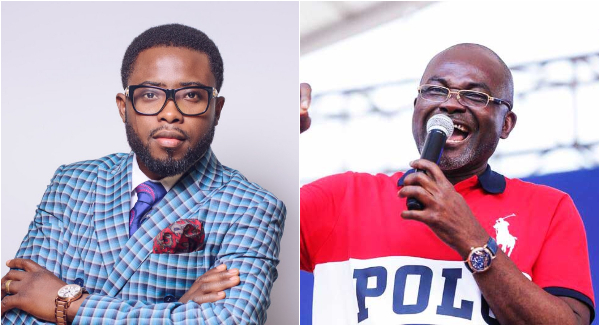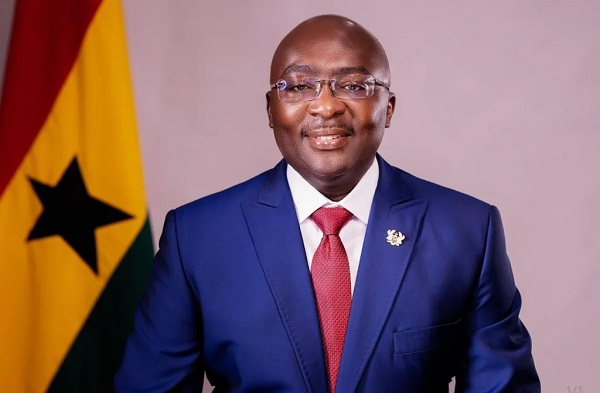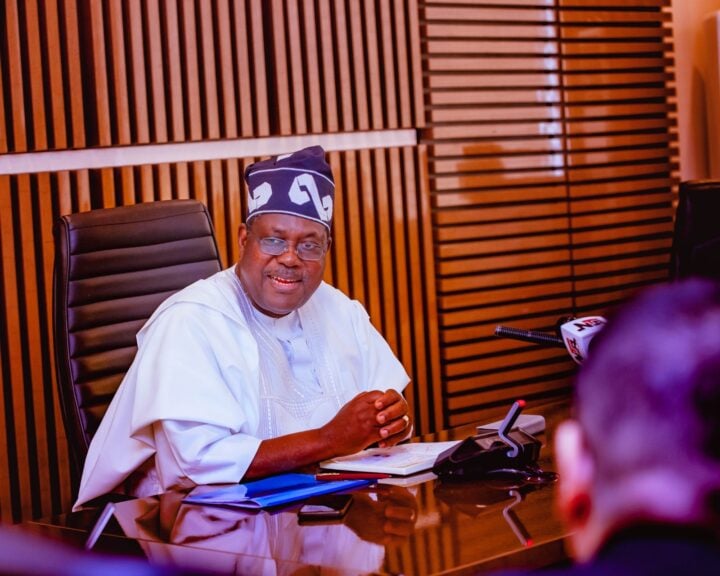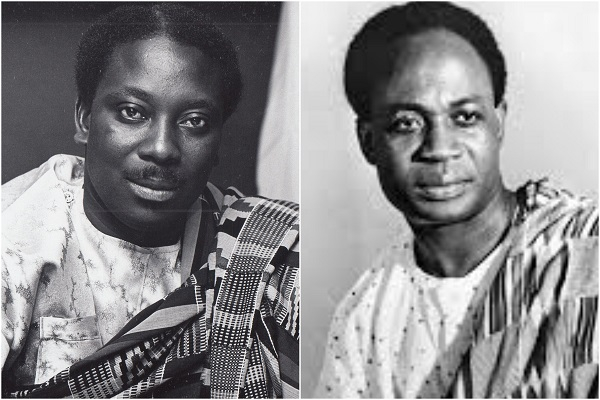Controversy Surrounds Burial of Zambia's Ex-President Edgar Lungu
A profound legal and political dispute has engulfed Zambia following the death of former President Edgar Lungu, centered on the location and circumstances of his burial. Zambia’s Attorney General Mulilo Kabesha initiated legal action in the Pretoria High Court on June 24, 2025, seeking to interdict (injunct) Lungu’s burial in South Africa and repatriate his remains to Lusaka. Kabesha cited three primary reasons for this legal intervention: the necessity of according Lungu a state funeral with full military honors, a supposed precedent from a previous court ruling involving Kenneth Kaunda’s family against the State, and public interest.
However, these official justifications have been widely challenged as lacking merit. Zambia’s Benefits of Former Presidents Act, as amended, outlines specific entitlements for former presidents, including funeral expenses. Crucially, the Act stipulates that these benefits are forfeited if a former president engages in active politics. Following his defeat in the 2021 election, Lungu initially retired from politics but made a comeback in October 2023, which led the State to withdraw all his benefits, including the entitlement to a state funeral. Therefore, at the time of his death, Lungu was not legally entitled to a state funeral, rendering the Attorney General’s argument unsound. Furthermore, there is no legal provision allowing the State to reinstate forfeited benefits to a deceased former president.
The argument citing the Kenneth Kaunda case as a precedent is equally flawed. Unlike Lungu, Kaunda was still enjoying his presidential benefits at the time of his death, including funeral expenses. More importantly, the High Court’s decision in the Kaunda matter was merely a refusal to grant leave for judicial review against the government’s decision to bury Kaunda at Embassy Park against his wishes. Since the government’s decision was never subjected to a full judicial review and no judgment was issued on its legality, it cannot serve as a binding legal precedent. The State’s subsequent attempt to negotiate a political settlement with Lungu’s family indicates an awareness that no written law or precedent existed to enforce its will on the burial site.
The appeal to “public interest”—an undefined term in Zambian statute—is also tenuous, especially given that the family’s decision to bury Lungu abroad stemmed directly from the deceased’s wishes: a profound aversion to President Hakainde Hichilema’s presence at his funeral. Lungu explicitly instructed his family that Hichilema, who allegedly mistreated him while alive (including preventing him from seeking medical treatment abroad and blocking travel to a peace conference), should be nowhere near his body or funeral. While a segment of Zambians might wish to pay their last respects domestically, individual and family rights to autonomy over the deceased must be weighed against customs, particularly in the absence of specific legislation governing former presidents’ burial rites.
Beneath the official narrative, it is argued that the government’s legal action is driven by deeply political and possibly superstitious motivations. Within certain segments of Zambian society, strong beliefs in occult practices persist, including the notion that power, misfortune, or protection can be manipulated through the remains of the deceased. The Lungu family reportedly believes that Hichilema or state agents might seek access to Lungu’s body for ritualistic purposes. This fear has shaped the family’s actions, including insisting on guarding the body, chartering a private aircraft for its transport, and resisting government-led funeral arrangements. Reports of government agents attempting to steal Lungu’s corpse from a South African mortuary further fueled these suspicions.
The Hichilema administration’s actions also intensified the family’s distrust. Unilateral changes to the funeral program, such as Hichilema’s insistence on formally receiving the body at the airport, a brief church service at the presidential pavilion, a ban on public attendance at the airport reception (a departure from precedent), and Hichilema being the first to view the corpse, were all perceived as attempts to gain access to Lungu’s body. Hichilema’s refusal to delegate this responsibility further solidified suspicions. These actions prompted the family to decide on a private burial in South Africa, with the intention of reburial in Zambia only after Hichilema leaves office. Hichilema’s subsequent cancellation of the national mourning period in protest added to the tension.
Hichilema’s conduct since his election in 2021 has also contributed to public perceptions of his belief in the supernatural. This includes his refusal to reside in State House, his indirect reception of the instruments of power during his inauguration, and the arrest and prosecution of individuals for allegedly attempting to assassinate him through supernatural means under a colonial-era Witchcraft Act. These instances, alongside his insistence on presiding over Lungu’s funeral despite the deceased’s clear wishes, are seen by many Zambians as indicative of his personal interest in the funeral and a possible belief that failure to access the corpse poses an existential threat to himself.
From a political standpoint, the government’s court action appears designed to force the Lungu family into mediation, aiming to secure the repatriation of the remains to Zambia. A protracted and costly legal battle in a foreign country might pressure the family into a negotiated settlement. Additionally, repatriating the body would reduce the political cost for Hichilema ahead of the 2026 general election, mitigating criticism that he prevented Lungu from being buried at home. This would allow Hichilema to project an image of caring for Lungu in death, despite allegedly mistreating him in life.
Beyond the government’s actions, Lungu was also reportedly betrayed by elements within his own Patriotic Front (PF) party and other opposition groups, including the United Kwacha Alliance (UKA) and Tonse Alliance. These







